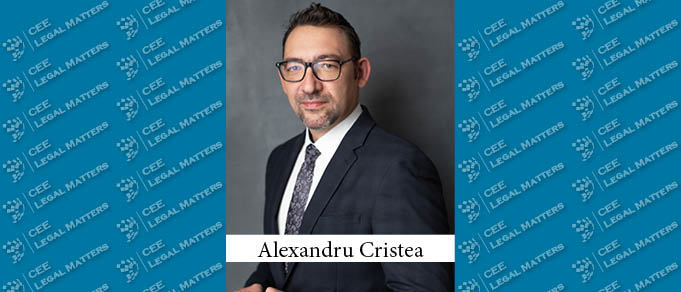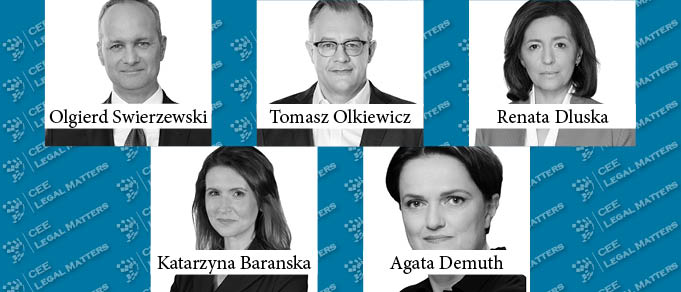JPM partner Nikola Djordjevic and Senior Associate Marija Vukcevic single out and analyze official clarifications and opinions on the application of financial regulations for January 2022, related to taxes, which have been published in the latest newsletter of the Ministry of Finance of the Republic of Serbia.
Humanitarian and Assistance Measures in the Context of the Military Conflict on the Territory of Ukraine
Emergency Ordinance No. 20/2022 for amending and supplementing certain normative acts, as well as for regulating humanitarian and assistance measures (“GEO 20/2022”) was published in the Official Gazette No. 231/2022.
Osborne Clarke Opens Office in Poland
Osborne Clarke has announced its entry into the CEE market by opening a new office in Poland and scooping up multi-professional services firm MDDP’s legal arm along with other lawyers.
Checking In with Greece
January is always a good time to look back, take stock, and make plans. And 2021, while a complicated year, was in no way uneventful. Across CEE, we’ve had lawyers and law firms variously reporting on – besides the obvious pandemic-related restrictions and increased work flexibility – a record year for M&A transactions, growing green energy, effervescent capital markets, a surprisingly solid real estate sector, ascendant ESG practices, a renewed focus on infrastructure, and TMT going from strength to strength.
Romania: New Series of Tax Amendments
Ordinance No. 11/2022 for the amendment and completion of certain normative acts, as well as for the amendment of several deadlines (“GO 11/2022”) was published In the Official Gazette No. 96/2022. This ordinance brings amendments and completions to both Law No. 227/2015 regarding the Fiscal Code (“Fiscal Code”) as well as to Law No. 207/2015 regarding the Fiscal Procedure Code (“Fiscal Procedure Code”).
Are Foreign Legal Entities Obliged to Pay Corporate Income Tax in Serbia?
Bearing in mind the increasingly frequent engagement of foreign legal entities on various projects in Serbia, as well as the fact that during the last year the practice of direct investments by non-residents in Serbia significantly expanded, it is only natural that each transaction in which a legal entity acquires a certain income, raises numerous questions, such as: do non-residents pay income tax in Serbia, in which cases are they obliged to do so, how high is the tax rate, is there an international agreement on avoiding double taxation?
Hungarian Constitutional Court Annulled Retroactive Tax Rule Regarding Statute of Limitation
In its recent decision issued on 27 January 2022, the Constitutional Court annulled an important rule of the Tax Procedure Act with regards the prolongation of limitation period. The decision is fundamentally beneficial for taxpayers, but also triggers some uncertainty for repeated proceedings going forward.


































